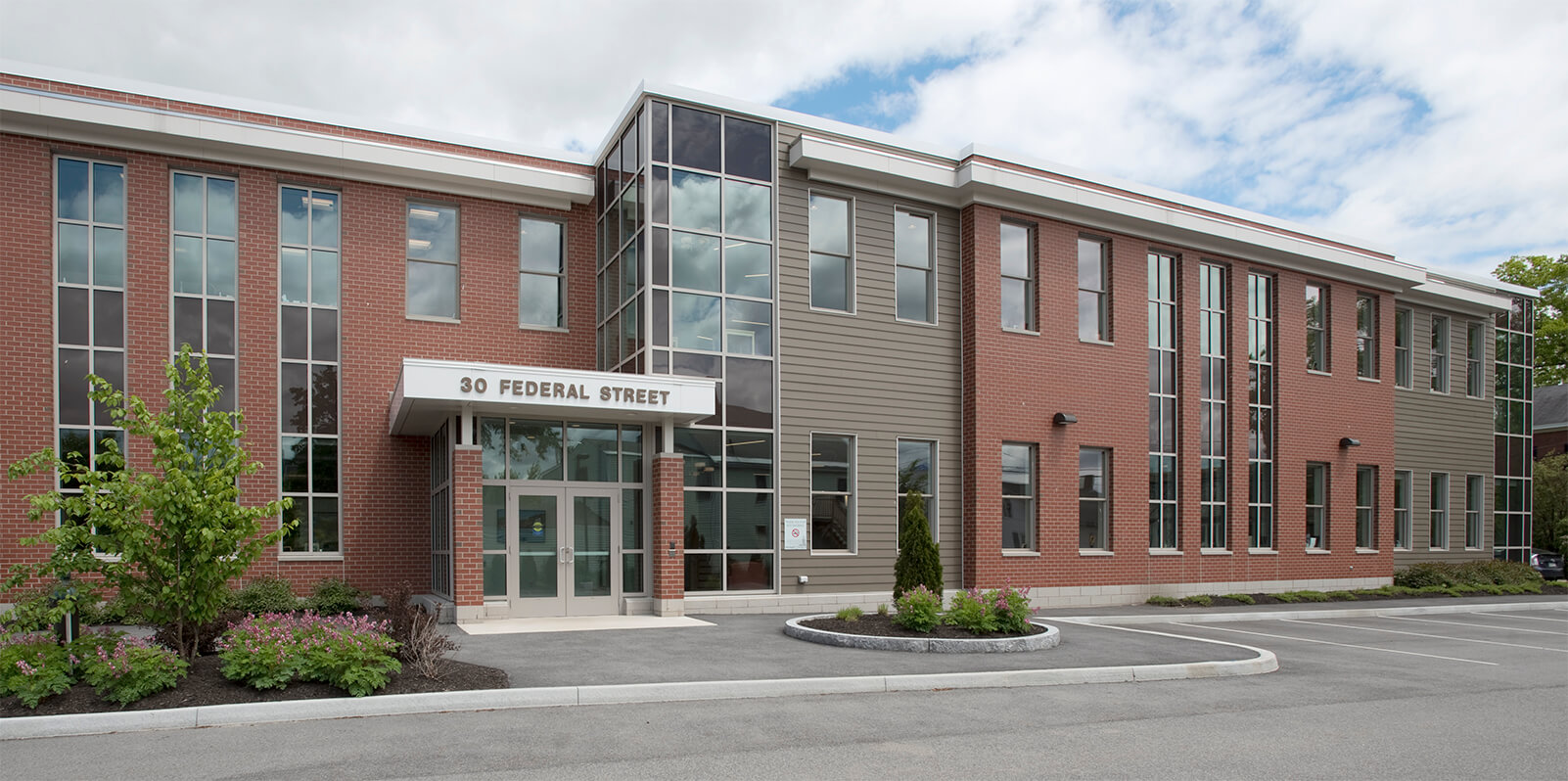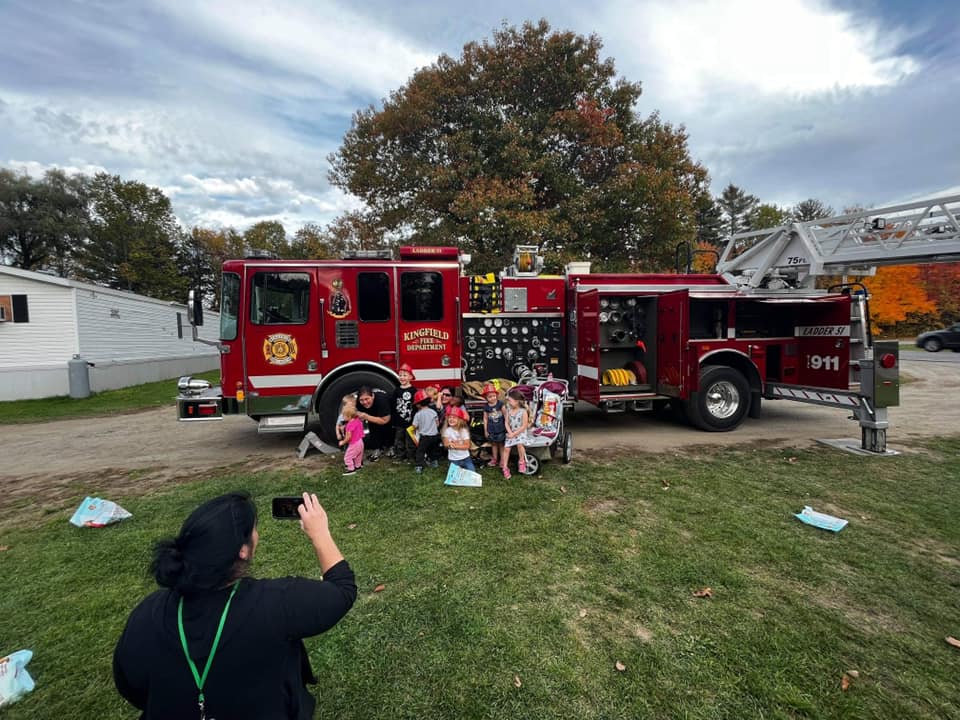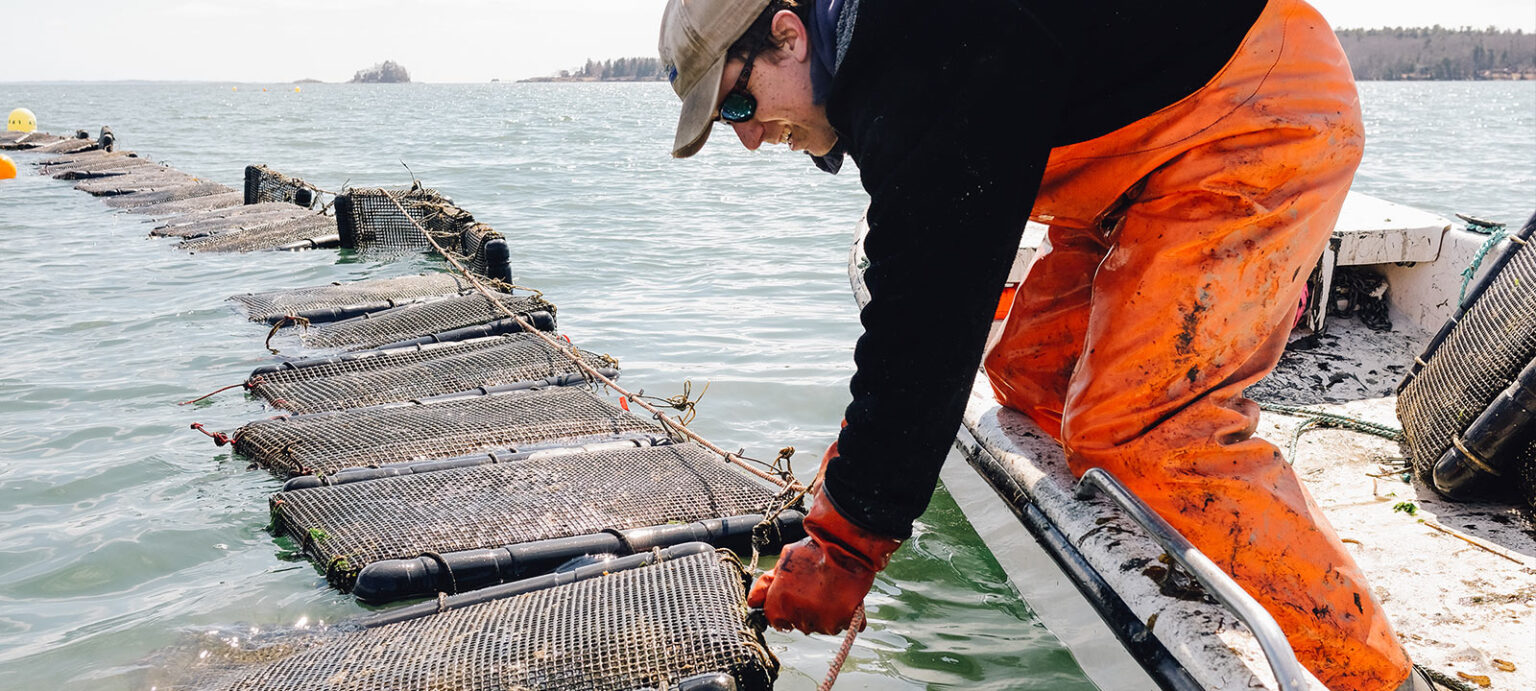April 22, 2020
CEI Statement on the 50th Anniversary of Earth Day
April 22, 2020 (Brunswick, ME) – Rural America has been hit hard by the devastating impacts of the COVID-19 virus. As we field heartbreaking calls from small business owners needing help now, CEI is thinking ahead to three, six and twelve months down the road. What can we do now to help rural regions recover?
As we celebrate the 50th anniversary of Earth Day, we honor the intentions of its founder, the late Wisconsin Governor Gaylord Nelson, to forge a sustainable society, an “environment of decency, quality and mutual respect for all human beings, and all other living creatures.” For our part, we are directing more of our resources to investments that create good jobs in industries that benefit planet Earth and advocating for policies that help prevent further climate disruption. CEI’s founding vision in 1977 for economically and environmentally sustainable communities remains core to our current work.
Before the coronavirus, at a time of low unemployment, increasing income inequality and extreme partisan politics, infrastructure investment stood out as an economic development strategy with bipartisan support. How to pay for it was another matter. Now, we have no choice but to invest to get our economy back on track. Millions of Americans have filed for unemployment and will need jobs quickly once it is safe to get to work. Historically, big infrastructure projects coupled with collective action to tackle big problems have helped America recover from economic calamity.
Stimulus investments need to help struggling Americans get by from week to week in this difficult time. They should also pioneer a better future – one that prioritizes good jobs. The U.S. Treasury is predicting that the coronavirus will drive an unemployment rate of 20% or more. With promising prospects for long-term livable wage jobs across a variety of industries, there is no better opportunity for us to invest in a clean energy future.
At the end of 2018, 3.4 million Americans worked in renewables, energy efficiency, clean vehicles and other industries, far outnumbering employment in the fossil fuel industry. According to E2, a national group of bipartisan leaders who advocate for policies good for the economy and the environment, not only is clean energy a huge part of our economy, it is also the most promising sector for job seekers: the fastest-growing jobs in America are solar installer and wind turbine technicians. In Maine, energy efficiency accounts for 8,084 jobs and renewable energy accounts for 2,756 jobs (National Association of State Energy Offices).
In the last seven years, 43% ($55 million) of CEI’s loans were made to Maine businesses that produce goods and services that benefit the environment and/or conserve natural resources, creating or preserving 3,450 jobs. This includes $12 million in loans for employers including Insource Renewables, Royal River Heat Pumps, Maine Solar Solutions, ReVision Energy and Sundog Solar; municipal solar projects at Mt. Desert Island High School and Kennebec Sanitary Treatment District, in the towns of Limestone, Tremont, and Waldoboro, and on farms: Grace Pond Farm in Thomaston, The Milkhouse in Monmouth, Crystal Spring Community Farm in Brunswick, and Goranson Farm in Dresden. Together, these projects benefit workers, communities and business owners with low and moderate incomes.
Good jobs provide economic stability for families and communities through employment that offers three features: livable wages, basic benefits and a fair and engaging workplace. According to a 2019 report by the Brookings Institute, workers in clean energy occupations earn higher and more equitable wages when compared to all workers nationally, and mean hourly wages exceed national averages by 8-19%. Plus, workers at lower ends of the income spectrum can earn $5 to $10 more than other jobs with similar educational requirements.
In an assessment of jobs created and retained by companies in its loan portfolio, CEI determined that higher percentages of green enterprise jobs met “good jobs” features compared to jobs across all industries.
And then, the coronavirus struck. In March alone, 106,000 clean-energy workers lost their jobs nationally, the largest share in the energy efficiency sector. Our borrowers, including Evergreen Home Performance, have taken the safety of their employees and customers to heart, recognizing that their energy efficiency services are “non-essential” for the time being. That means putting projects on hold and staff on furlough. To date, CEI has provided debt relief to 19 of our green enterprise borrowers.
CLEAN ENERGY AS AN ECONOMIC RESOURCE
In the next twelve months, it is imperative that we come together as a country to get Americans back to work. Building renewable energy generating assets across the U.S., and around the state–assets that are owned by Maine businesses employing Maine residents–means we are exporting fewer energy dollars out of our economy.
What do we recommend? A fair playing field for clean energy and energy storage, state block grants for renewable energy and energy efficiency projects that create jobs and reduce electricity costs, more Small Business Administration loans for clean energy companies, a national program to modernize our national energy grid, funding for job training through community colleges and educational institutions, investments in electric vehicle charging stations, restoration of emissions standards, funding for large scale weatherization and clean energy programs, and a commitment to global carbon pricing – all aimed at meeting our shared goal of clean air, soil and water and ultimately, a healthy planet.
At CEI, we believe that our economy should work for everyone. For rural communities that are dependent on natural resources for their economic activity and way of life, building resilience in the face of our changing climate is imperative. People with low incomes disproportionately bear the brunt of climate change; investment to address climate change can provide a pathway to a more equitable future. The COVID-19 crisis is showing us the power of people coming together to support each other and their communities. Let’s use our time in isolation to tap that resolve and plan for a resurgence in American jobs, innovation and ingenuity, focused on the wellbeing of both people and the planet we live on.



